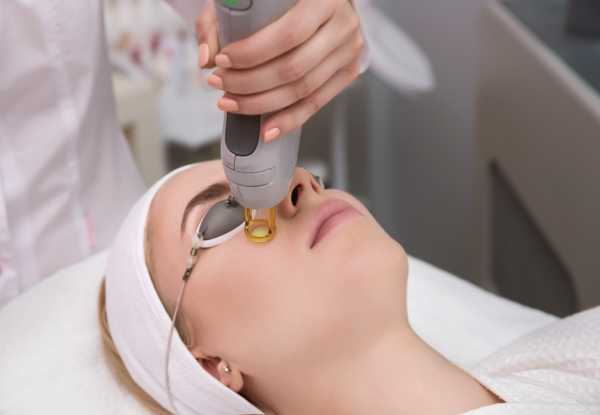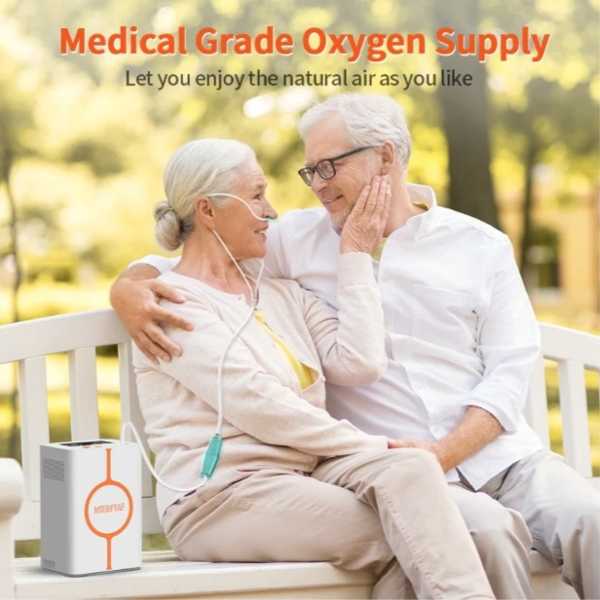外壁塗装で家を守る!後悔しないための選び方と費用相場
Eczema Relief: The Ultimate Guide to Creams, Lotions, and Natural Remedies
Eczema, or atopic dermatitis, is a common skin condition that causes dry, itchy, and inflamed skin. It can affect individuals of all ages and often becomes a chronic issue, flaring up periodically. While eczema is not contagious, it can be highly uncomfortable and difficult to manage.
Eczema, or atopic dermatitis, is a common skin condition that causes dry, itchy, and inflamed skin. It can affect individuals of all ages and often becomes a chronic issue, flaring up periodically. While eczema is not contagious, it can be highly uncomfortable and difficult to manage.
Though there’s no permanent cure, a variety of creams, lotions, and natural remedies can significantly alleviate symptoms and help you manage flare-ups effectively. This comprehensive guide explores the best treatments available for soothing eczema and restoring healthy skin.

What Is Eczema?
Eczema is an inflammatory skin condition that primarily causes dryness, redness, and itching. It is often linked with other allergic conditions like asthma and hay fever and tends to run in families. The underlying cause of eczema is complex, involving both genetic and environmental factors. Individuals with eczema typically have a weakened skin barrier, which makes their skin more vulnerable to irritants and allergens, leading to flare-ups.
Common Symptoms of Eczema:
- Dry, cracked patches of skin
- Intense itching, especially at night
- Redness or inflammation
- Thickened skin that may become infected during flare-ups
Known Triggers for Eczema Flare-Ups:
- Environmental allergens (pollen, pet dander, dust mites)
- Harsh skincare products (fragrances, soap, detergents)
- Extreme temperatures (both hot and cold weather)
- Stress and emotional triggers
Effective Treatments for Eczema: Creams, Lotions, and Natural Solutions
Managing eczema often requires a multi-faceted approach, including moisturizing regularly, using topical medications, and integrating natural remedies. Below are some of the most effective treatments that can help keep eczema under control:
1. Moisturizing: The Cornerstone of Eczema Care
One of the most important aspects of eczema management is maintaining skin hydration. Eczema causes the skin barrier to weaken, allowing moisture to escape and irritants to penetrate. Moisturizing regularly helps restore the skin’s protective barrier and prevent flare-ups.
Best Types of Moisturizers for Eczema:
- Thick creams and ointments: These are typically more effective for eczema-prone skin than lighter lotions.
- Look for moisturizers containing ingredients like ceramides, glycerin, and hyaluronic acid, which help lock in moisture and strengthen the skin’s barrier.
Top Moisturizers for Eczema:
- CeraVe Moisturizing Cream: Contains ceramides and hyaluronic acid to repair the skin barrier and hydrate dry skin.
- Eucerin Eczema Relief Cream: Features colloidal oatmeal and ceramide-3 to reduce inflammation and soothe irritation.
- Aquaphor Healing Ointment: A thick, petroleum-based ointment ideal for sealing moisture in dry, cracked skin.
- Vanicream Moisturizing Cream: Gentle and free from common irritants, perfect for sensitive skin.
2. Topical Steroids: Powerful Relief for Flare-Ups
Topical steroids are often the first-line treatment for reducing inflammation, redness, and itching during eczema flare-ups. They are available in a range of strengths and can help manage more severe symptoms.
How Topical Steroids Work: Corticosteroids reduce inflammation by calming the immune system’s overactive response, which helps decrease swelling, redness, and itching.
Popular Topical Steroids for Eczema:
- Hydrocortisone Cream (0.5% - 1%): A mild, over-the-counter corticosteroid for treating minor flare-ups.
- Triamcinolone Acetonide Cream: A medium-potency steroid used for moderate eczema symptoms.
- Clobetasol Propionate (Ultravate): A high-potency steroid, effective for stubborn flare-ups but typically prescribed for short-term use.
3. Non-Steroidal Alternatives: Gentle and Effective
For individuals who prefer to avoid steroids, there are several non-steroidal treatments that can help control inflammation and itching. These options can be especially useful for those with sensitive skin or concerns about long-term steroid use.
Top Non-Steroidal Treatments:
- Tacrolimus (Protopic) and Pimecrolimus (Elidel): These calcineurin inhibitors reduce inflammation without using steroids. They are especially beneficial for sensitive areas, such as the face and skin folds.
- Colloidal Oatmeal Creams: Known for its soothing properties, colloidal oatmeal is an excellent option to calm itching and irritation. Aveeno Eczema Therapy Moisturizing Creamis a popular choice.
- Coal Tar Preparations: Though less commonly used today, coal tar has anti-inflammatory and anti-itching properties. MG217 Coal Tar Creamis one product that can help alleviate symptoms.
4. Natural Remedies: Holistic Approaches for Soothing Eczema
In addition to conventional treatments, natural remedies can provide additional relief. Many of these remedies offer anti-inflammatory, moisturizing, and soothing benefits to calm eczema flare-ups.
Best Natural Remedies for Eczema:
- Coconut Oil: Contains lauric acid, which has antimicrobial and anti-inflammatory properties. Apply virgin coconut oil to affected areas to help moisturize and protect the skin from infection during flare-ups.
- Aloe Vera: This plant has cooling, soothing properties that can alleviate itching and redness. It also has natural anti-inflammatory effects that promote healing. Use pure aloe vera gel to calm inflamed skin.
- Manuka Honey: Known for its antibacterial and anti-inflammatory properties, Manuka honey helps heal eczema lesions while reducing the risk of infection. Apply a thin layer to affected areas for 20–30 minutes before rinsing off.
- Essential Oils: Lavender, chamomile, and tea tree oil are known for their calming and anti-inflammatory properties. Always dilute essential oils with a carrier oil like coconut or almond oil before applying them to the skin.
- Apple Cider Vinegar: Known for its antibacterial and anti-inflammatory properties, apple cider vinegar can help reduce flare-ups. Add a cup of diluted apple cider vinegar to your bath or apply diluted vinegar directly to the affected skin.
5. Additional Tips for Managing Eczema
Bathing: Opt for lukewarm baths with mild, oatmeal-based soaps to prevent further drying out of the skin. Avoid hot water, which can irritate eczema.
Avoid Scratching: Scratching can worsen eczema symptoms and cause skin infections. Apply a cool compress to ease itching or use anti-itch creams to relieve discomfort.
Wear Soft, Breathable Fabrics: Choose cotton clothing that is gentle on the skin and allows for proper ventilation. Avoid rough fabrics like wool or synthetic fibers, which can irritate eczema.
Identify and Avoid Triggers: Keep track of potential eczema triggers, such as allergens, stress, or harsh skincare products, and take steps to avoid them.
Conclusion: Tailoring Your Treatment Plan
Eczema may be a chronic condition, but with the right combination of treatments, you can keep flare-ups under control and maintain healthy, comfortable skin. Whether you prefer moisturizers, topical steroids, non-steroidal treatments, or natural remedies, consistency is the key to managing eczema effectively.
If your eczema doesn’t respond to over-the-counter treatments, it's important to consult with a dermatologist. A healthcare provider can create a personalized treatment plan, including prescription-strength treatments, to address more severe cases.
With a proactive approach and the right treatments, you can minimize the impact of eczema on your daily life and enjoy clear, healthy skin once again.











